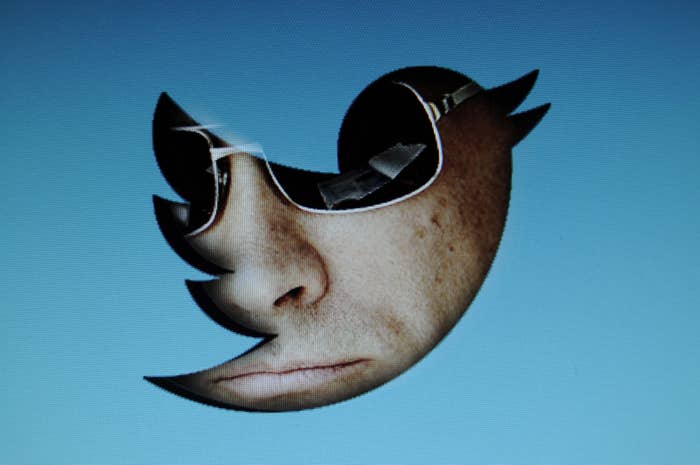
Twitter has said it believes only 1% of the bots unearthed during an influential university study into Brexit were actually Russian.
In a letter addressed to UK legislators trying to uncover the extent of any Russian meddling in the 2016 EU referendum, Twitter largely dismissed the relevance of a City University study which found 13,000 bots tweeting about Brexit.
Nick Pickles, head of policy for Twitter in the UK, said the bots weren't evidence of direct Russian interference in the referendum, or through a Moscow-linked organisation known as the Internet Research Agency.
"In reviewing the accounts identified by City University, we found that 1% of the accounts in the dataset were registered in Russia," Pickles said in his letter to the Commons digital culture, media, and sport committee.
"While many of the accounts identified by City University were in violation of the Twitter rules regarding spam, at this time, we do not have sufficiently strong evidence to enable us to conclusively link them with Russia or indeed the Internet Research Agency."
It's the second time Twitter has responded to UK MPs to play down the idea Russia had used the social media platform to affect the outcome of the Brexit referendum.
And for the second time the committee's chair Damian Collins hit back with a reply asking more questions about Twitter's efforts to uncover the truth.
I have today published my latest correspondence with Twitter regarding the use of their platform by Russian backed… https://t.co/iCqFGHC9ag
"Twitter states that 1% of the accounts identified in the City University study of Russian activity on the site during the Brexit referendum campaign, were registered in Russia," Collins wrote. "Could you confirm how many other accounts were being controlled from agencies in Russia, even if they were not registered there," he said.
“I’m afraid the failure to obtain straight answers to these questions, whatever they might be, is simply increasing concerns about these issues, rather that reassuring people."
It comes just a week after Facebook responded to anger from UK MPs about the Russia-Brexit issue by promising to launch a new investigation for new accounts that had not already been identified by US investigators.
UK politicians have been pushing for more transparency about what happened on social media around the 2016 Brexit referendum and 2017 general election after widespread meddling was established to have taken place in the 2016 US presidential election.
Both Facebook and Twitter will face off against the Commons committee next month in Washington, with a host of UK MPs flying to the US as part of its inquiry into "fake news".
The list of witnesses to be grilled about "fake news" includes Facebook's head of global policy Monika Bickert, Twitter's director of public policy and philanthropy Carlos Monje, and Google's vice president of news Richard Gingras.
There will also be hearings with academics and select representatives from CNN, CBS, and the New York Times.
